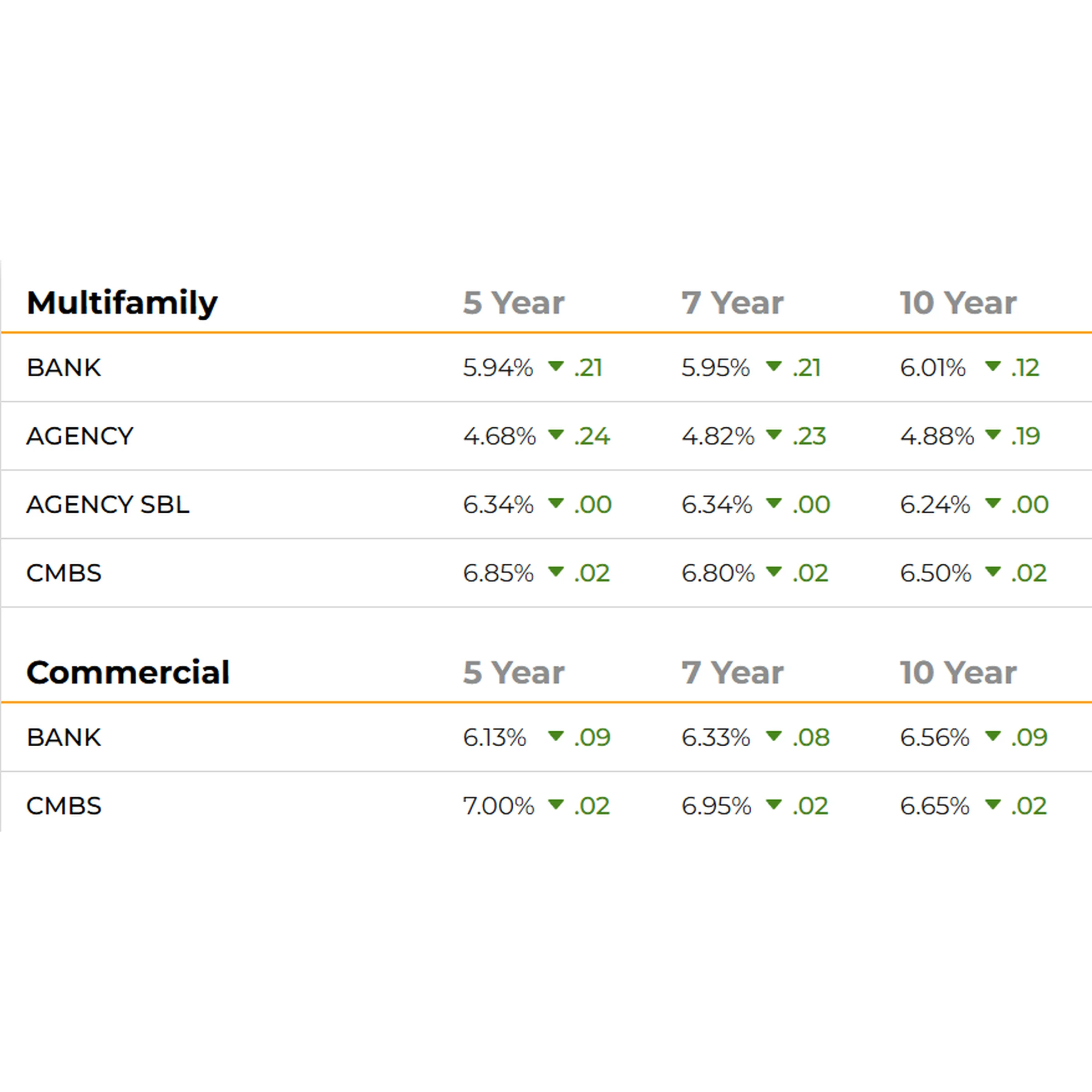
Many investors engage in a 1031 exchange to defer the total amount of their capital gains taxes and depreciation recapture. However, to do this, you must follow strict IRS guidelines. While no specific rule prohibits refinancing a property when engaging in a 1031 exchange, doing so could jeopardize your tax deferral.
The Potential Problem with Cash-Out Refinancing
Under IRS guidelines, to receive a full tax deferral through a 1031 exchange, investors must reinvest the total sale price from the relinquished property – reduced by allowable exchange expenses - into a replacement property of equal or more excellent value. The investor also must not have any “net debt relief,” meaning that the debt on the replacement property must be equal to or greater than the amount paid off when the relinquished property was sold. However, debt on the abandoned property can be replaced with cash on the replacement property.
If you take out cash at closing, these funds are considered “boot.” Similarly, the IRS has determined that refinancing in anticipation of a sale is similar to pulling money out at a close. As such, cash received at close or as part of refinancing before the conclusion may be subject to capital gains tax, depreciation recapture, state income taxes, and net investment income tax.
Refinancing a Relinquished Property Before Closing
If you plan to relinquish a property with a high amount of equity and low or no debt, the 1031 exchange rules would require you to reinvest all the proceeds and match the debt.
Refinancing the property before selling it would allow you to pull out cash and pay off the current mortgage loan, replacing it with a new, larger mortgage. This also means that going into closing, you would have more debt and lower cash proceeds. When you purchase your replacement property, you will have a lower required investment amount, extra cash in your pocket, and total tax deferral.
While this may sound like a win, unfortunately, the IRS looks unfavorably upon it. Doing a cash-out refinance before selling a relinquished property is considered a step transaction, which is prohibited. Essentially, this means that if you can’t do something directly, such as taking cash out at closing, you cannot do it by taking additional steps to circumvent the rules. However, this doesn’t always mean that the transaction would be taxable.
You may get a full 1031 exchange if you can show that the refinance was not done in anticipation of engaging in a 1031 exchange. In this case, the more time between the refinance and the property sale, the stronger your claim may be. Typically, you’ll want to wait at least a few months.
You may also be able to show that you had “independent business reasons” for the refinance. For example, this may apply if the property needed structural repairs or your business had cash flow problems.
Refinancing a Replacement Property After Closing
If you follow all the rules for a full 1031 exchange and later decide to complete a cash-out refinance on the replacement property, this should not impact your tax deferral. In this case, you’re taking out cash but still must repay the debt, so the transaction does not result in a net increase in wealth. For this reason, the IRS does not typically disallow post-exchange cash-out refinances.
While there is no required waiting period before you can do a cash-out refinance on a replacement property, it’s still a good idea to make sure it’s not done concurrently with the purchase or to prearrange the refinance before the purchase. Otherwise, the IRS may question your intent.
Some Final Thoughts
Refinancing a property before or after a 1031 exchange can create potential tax issues. Every situation is different, so it’s essential to consult with your tax, financial, and legal advisors before executing a cash-out refinance about a 1031 exchange.
Source: Can I Refinance My 1031 Exchange Property?
https://www.creconsult.net/market-trends/can-i-refinance-my-1031-exchange-property/
No comments:
Post a Comment